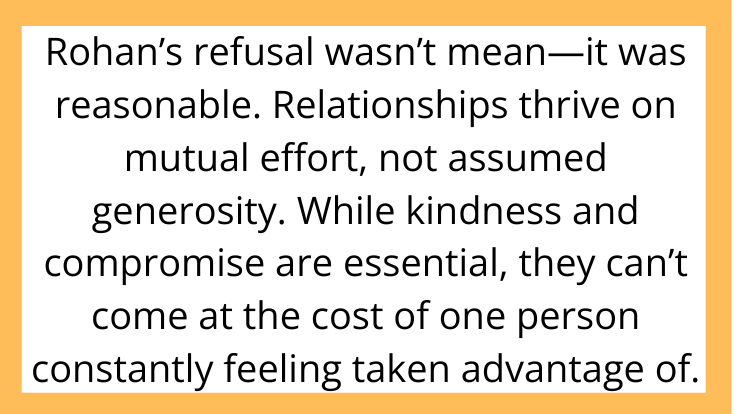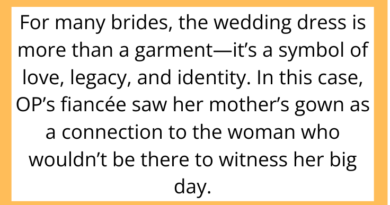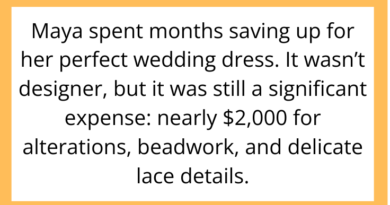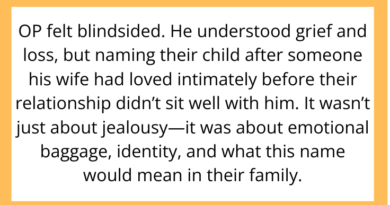AITAH for Not Paying for My Girlfriend’s Shopping After She Left Her Wallet at Home (Again)?
In relationships, financial expectations can lead to some seriously heated moments—especially when one partner feels taken for granted. Today’s AITAH scenario dives into a story of repeated behavior, mounting frustration, and a shopping trip that turned into a major argument.
Let’s unpack what really happened—and who, if anyone, is the villain here.
The Story: The Forgotten Wallet… Again
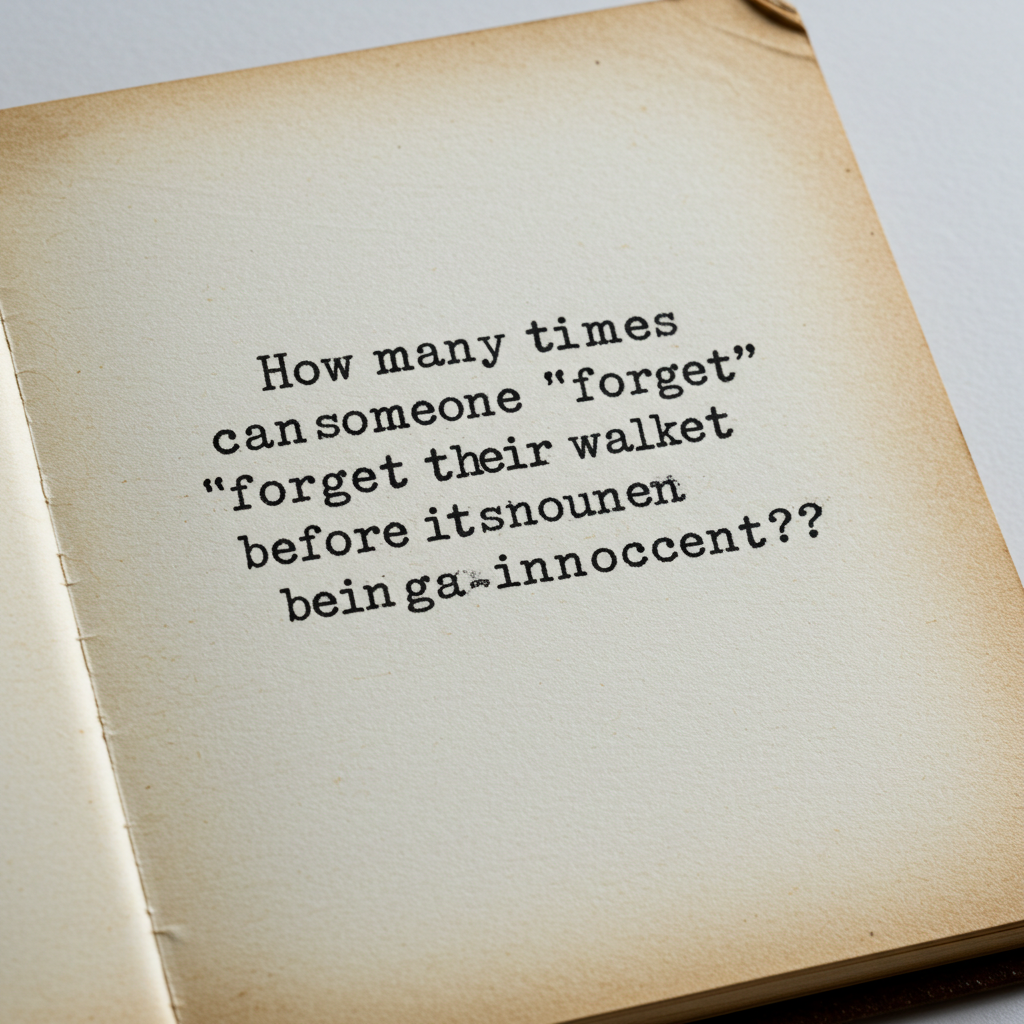
The original poster (we’ll call him Rohan), 27, has been dating his girlfriend, Anika, 26, for over a year. He describes their relationship as mostly great—except for one recurring issue: Anika frequently “forgets” her wallet when they go out.
Rohan insists he doesn’t mind paying sometimes. But this has become a pattern. Whether it’s dinner, groceries, or a quick coffee run—Anika always seems to have forgotten her purse, left her card in another bag, or suddenly realizes she doesn’t have cash on her.
At first, Rohan laughed it off. But after the fifth or sixth time, it stopped feeling like a mistake—and started feeling like a habit.
The Incident: The Shopping Trip That Broke the Camels’ Back

Recently, the couple went to a high-end shopping center. Anika picked out several things—cosmetics, accessories, and a new handbag. At the counter, she casually said: “Oh shoot, I forgot my wallet again. You don’t mind, right?”
But this time, Rohan did mind.
He told her no. Politely, but firmly. He said he wasn’t going to pay for her things this time and reminded her that they’d talked about her always forgetting her wallet.
Anika was stunned. Then embarrassed. Then furious. She said he humiliated her in public, made her feel small, and accused him of being “stingy” and “unsupportive.”
They left the store in silence. Later, she texted him saying she needed space and that she “didn’t know if she could be with someone who doesn’t have her back.”
Rohan turned to Reddit to ask: AITAH for refusing to pay when she forgot her wallet again?
Is This About Money—or Something Bigger?
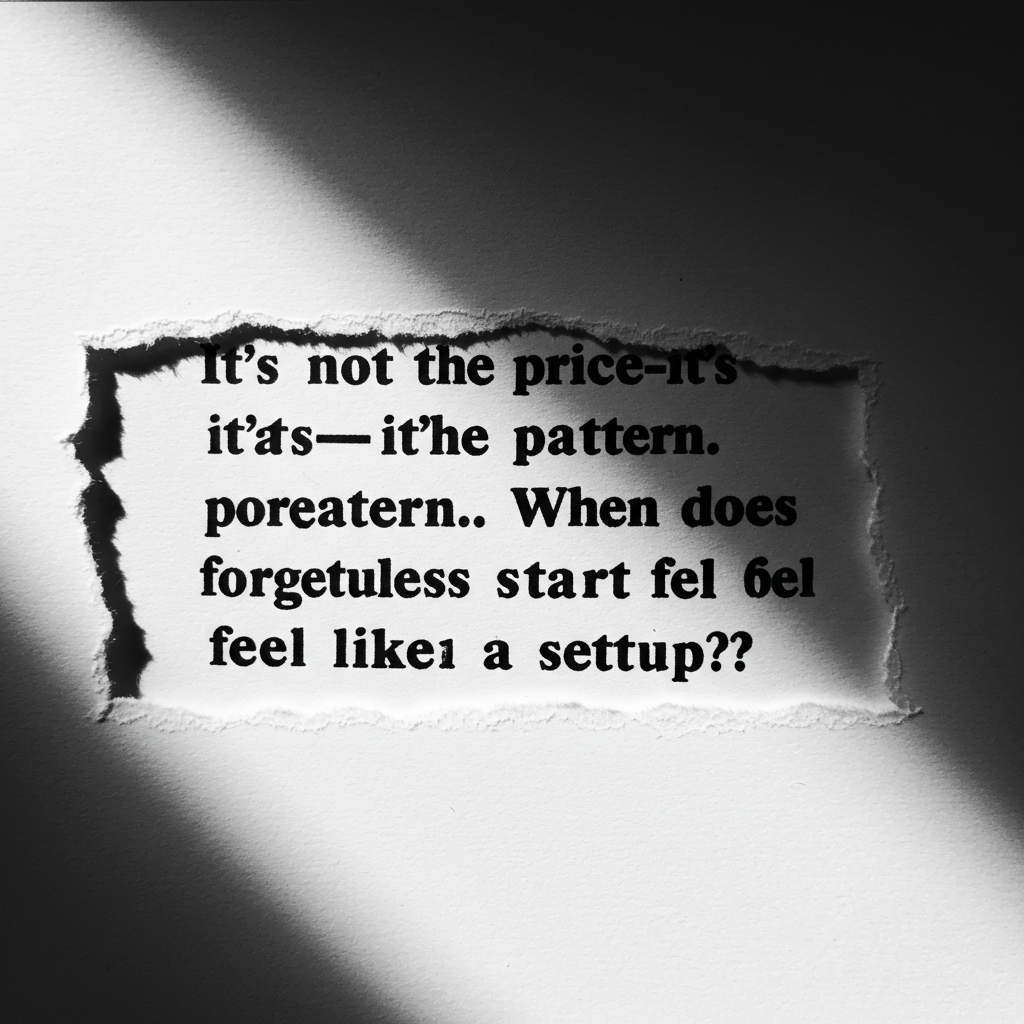
A Pattern of Disrespect?
Rohan’s frustration seems less about the money and more about the pattern. Most commenters noted that everyone forgets things sometimes—but doing it repeatedly, especially when it leads to someone else footing the bill, can feel manipulative.
For Rohan, this wasn’t about one shopping trip. It was about feeling like his generosity was being exploited.
Anika’s View: Public Embarrassment

To be fair, getting turned down at the counter is mortifying—especially if you’re not expecting it. Anika may have felt blindsided, even if Rohan had a valid point.
Could he have waited until later to address it privately? Possibly. But would that just be enabling the behavior further?
Reddit Responds: The Internet Delivers Its Verdict
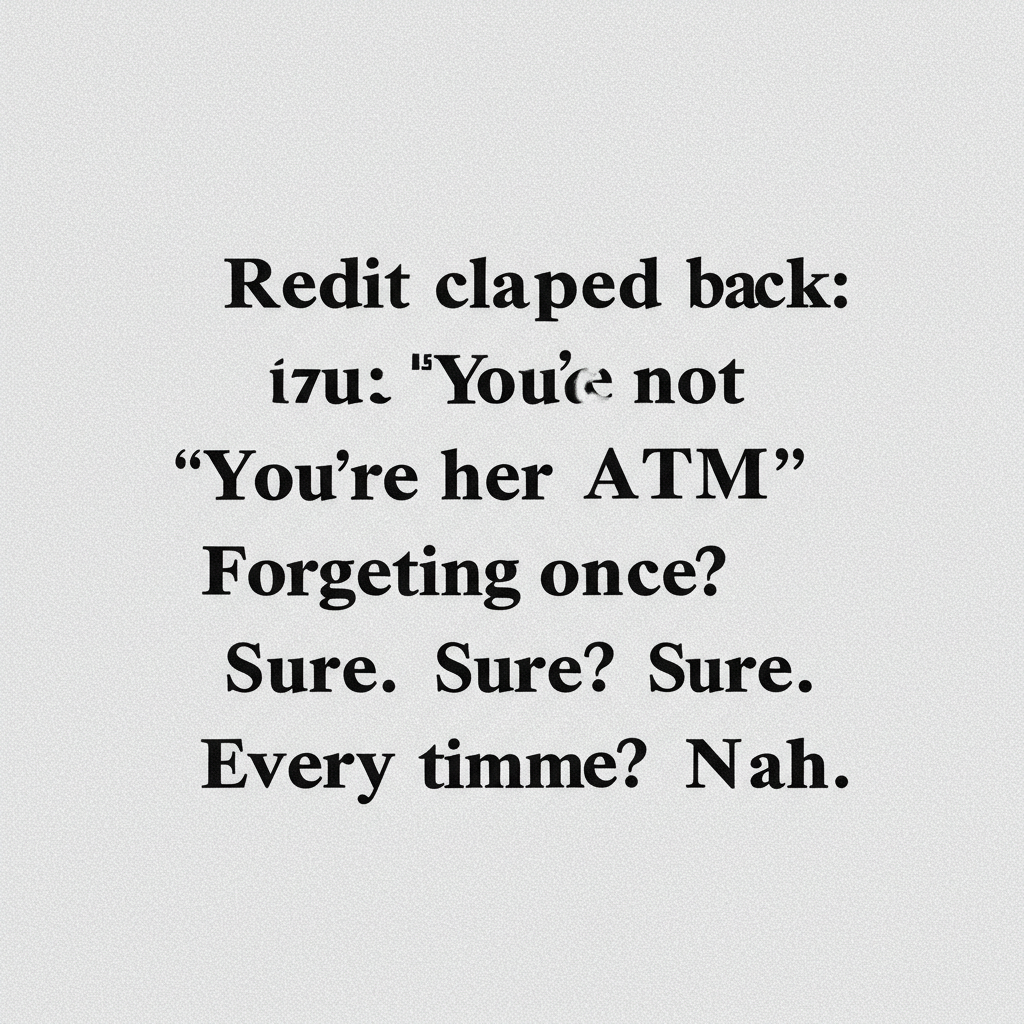
The top comments overwhelmingly supported Rohan.
“You’re not her ATM,” one user wrote. “Forgetting once is an accident. Repeating it is a strategy.”
Others pointed out that Anika’s response said a lot: instead of apologizing or offering to pay him back, she accused him of being unsupportive.
A few minority voices did sympathize with Anika, suggesting Rohan could have pulled her aside to avoid embarrassment. But the majority agreed that sometimes, public consequences are what finally get someone’s attention.
When Is Enough Really Enough?
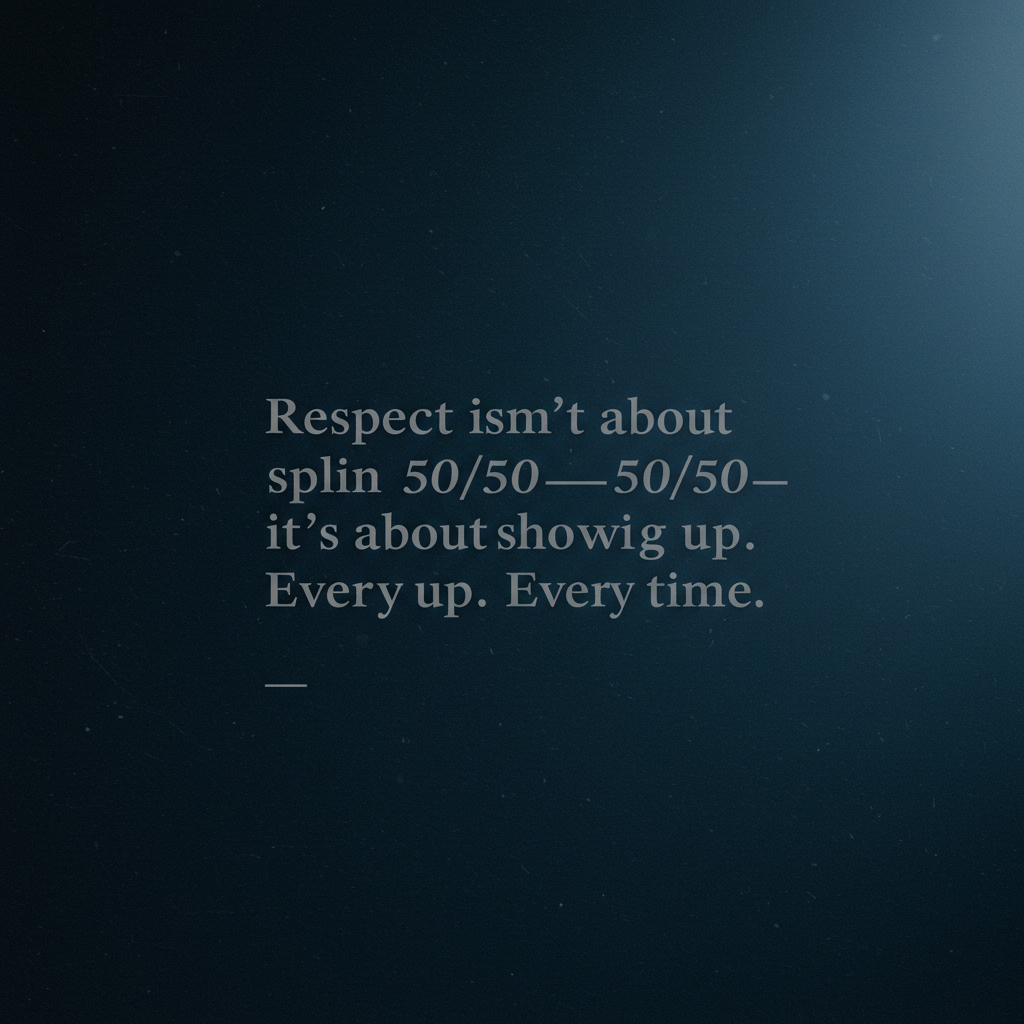
This post highlights a deeper relationship issue: financial boundaries.
It’s not about splitting everything 50/50—it’s about mutual respect, communication, and reciprocity. If one person always pays, while the other makes excuses, resentment builds. Fast.
Anika’s repeated “forgetfulness” wasn’t just inconvenient—it was symbolic. It showed a lack of accountability. And in long-term relationships, patterns matter more than moments.
What Rohan Could Do Next

-
Have a Calm Conversation: Not during a shopping trip, but in a private space where both can speak freely.
-
Establish Financial Boundaries: No wallet, no purchases. Period.
-
Watch for Gaslighting: Accusing someone of being unsupportive after they set a boundary is a red flag.
-
Evaluate Compatibility: If money conversations always lead to blowups, it could signal deeper incompatibility.
The Bottom Line: No Wallet, No Purchase, No Villainy
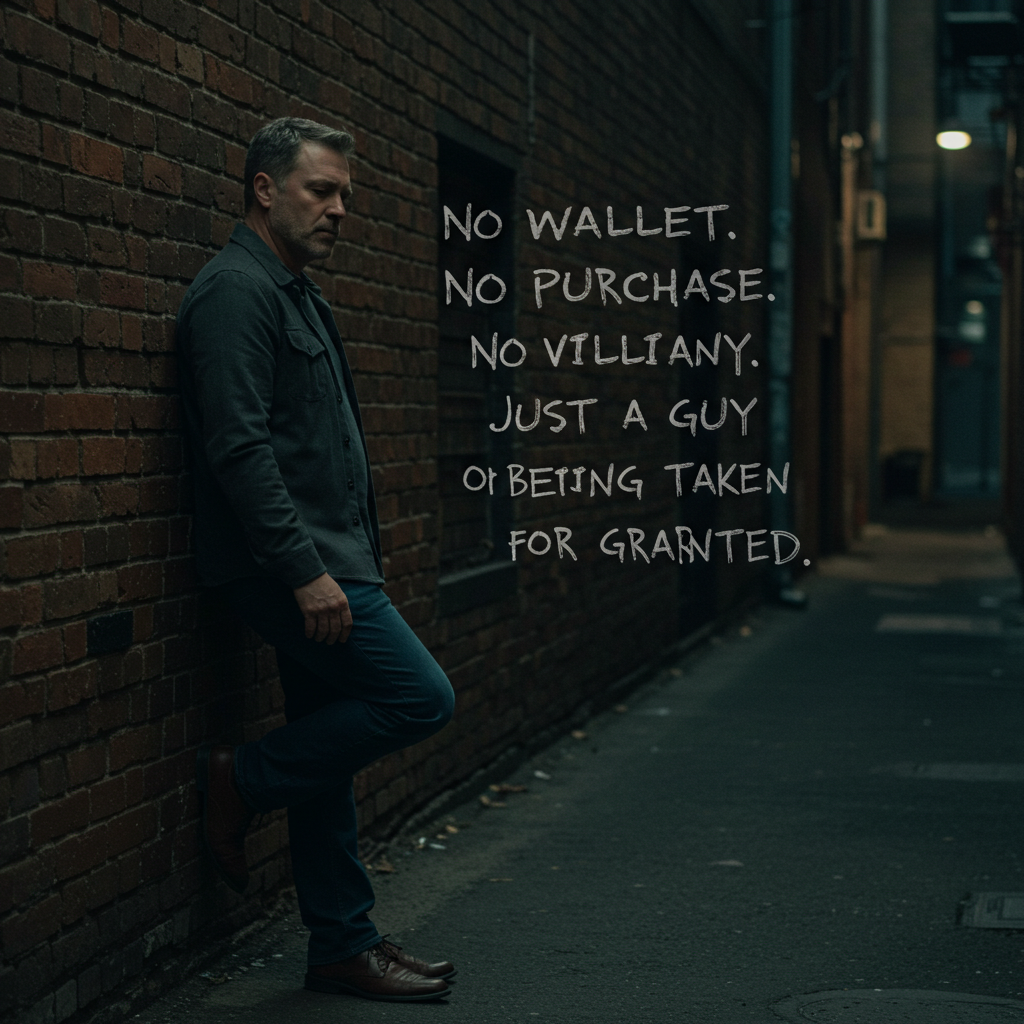
Rohan’s refusal wasn’t mean—it was reasonable. Relationships thrive on mutual effort, not assumed generosity. While kindness and compromise are essential, they can’t come at the cost of one person constantly feeling taken advantage of.
Saying “no” doesn’t make you a villain. It makes you someone who values fairness—and yourself.
